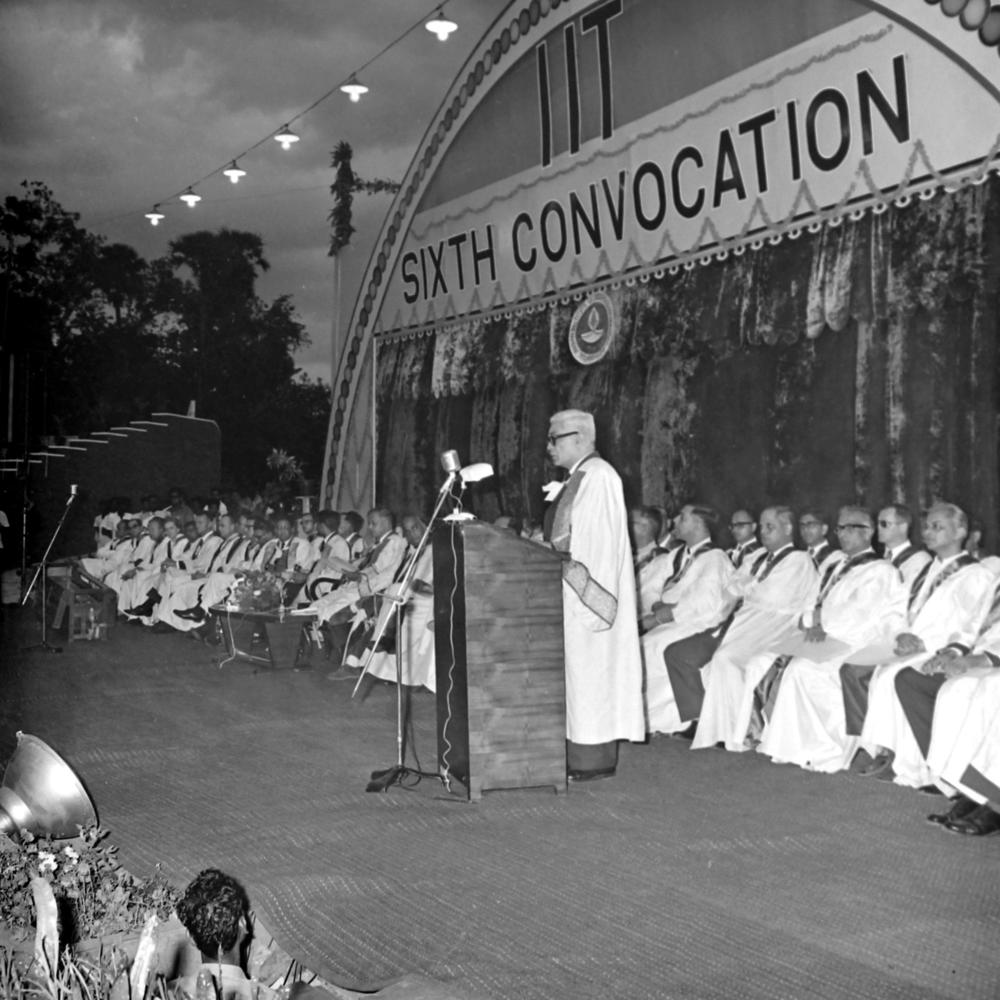Biography
Biography

Career and contributions
Academic Brilliance: Bhagavantam developed methods to measure elastic constants in crystals and conducted research in Ultrasonics, Radio Astronomy, and Solid State Physics.
He guided over 50 PhD scholars and wrote several books, including “The Theory of Groups and its Physical Applications”. His students included his three sons.
Impactful Administrative Roles:
He served as Vice Chancellor of Osmania University (1952-1957), enhancing its science departments. As Director of the Indian Institute of Science (IISc), Bangalore (1957-1962), he helped it achieve Deemed University status.
From 1961 to 1969, he was Scientific Adviser to the Defence Minister and Director of the Defence Research and Development Organisation (DRDO).
During his time at DRDO, he was instrumental in establishing numerous defence research laboratories focusing on various technologies like missiles and aircraft.
He advocated for self-reliance in defence systems, laying the groundwork for India’s progress in this area.
Contributions beyond Academia and Defence:
Bhagavantam also served as Chairman of public sector units such as Bharat Electronics Limited (BEL) and Hindustan Aeronautics Limited (HAL) and was on the Board of the State Bank of India.
Personal life and legacy-
Scientist Suri Bhagavantam married Sita Mahalaxmi and had four sons and a daughter. Three of his sons followed in his footsteps and became scientists: Dr. Balakrishna, Dr. Radhakrishna, and Dr. Ramakrishna.
Bhagavantam’ s Influence
Suri Bhagavantam, as a distinguished scientist and administrator, exerted a significant influence across several key domains in India.
Defence Research and Self-Reliance
Pivotal role in DRDO: Bhagavantam served as the Director of the Defence Research and Development Organisation (DRDO) and played a crucial role in establishing it as a hub for defense technology and development. He championed the cause of indigenous development, reducing India's reliance on imported defense systems.
Establishment of Research Laboratories: Under his leadership, DRDO established a network of specialized laboratories across India, focusing on various defence technologies like missiles, aircraft, electronic warfare systems, tanks, and underwater weapons.
Foresight in Warfare: He recognized the importance of nuclear, chemical, and biological warfare early on and initiated measures within DRDO to assess global developments in these areas and devise protective measures for India.
Scientific research and education
Pioneer in Physics: Bhagavantam was a brilliant scientist who conducted pioneering research in areas like elastic constants in crystals, ultrasonics, radio astronomy, and solid-state physics.
Mentorship and Guidance: He guided over 50 PhD scholars, nurturing a generation of scientists in India. Notably, his three sons also became scientists..
Institution Building: He held prominent positions at key Indian institutions:
As Vice Chancellor of Osmania University, he was instrumental in strengthening the science departments.
During his tenure as Director of the Indian Institute of Science (IISc), Bangalore, he helped it achieve Deemed University status.
At Andhra University, he helped establish departments of Meteorology, Oceanography and Geophysics.
Inspiring future generations
Bhagavantam's dedication to science and his vision for India's defense self-reliance have made him an inspirational figure for young scientists and engineers..
His legacy is honored through events like his birth centenary celebrations at Osmania University, which serve to remind current generations of his contributions.
His life and work are examples of how individuals can significantly contribute to the scientific and technological advancement of a nation.
